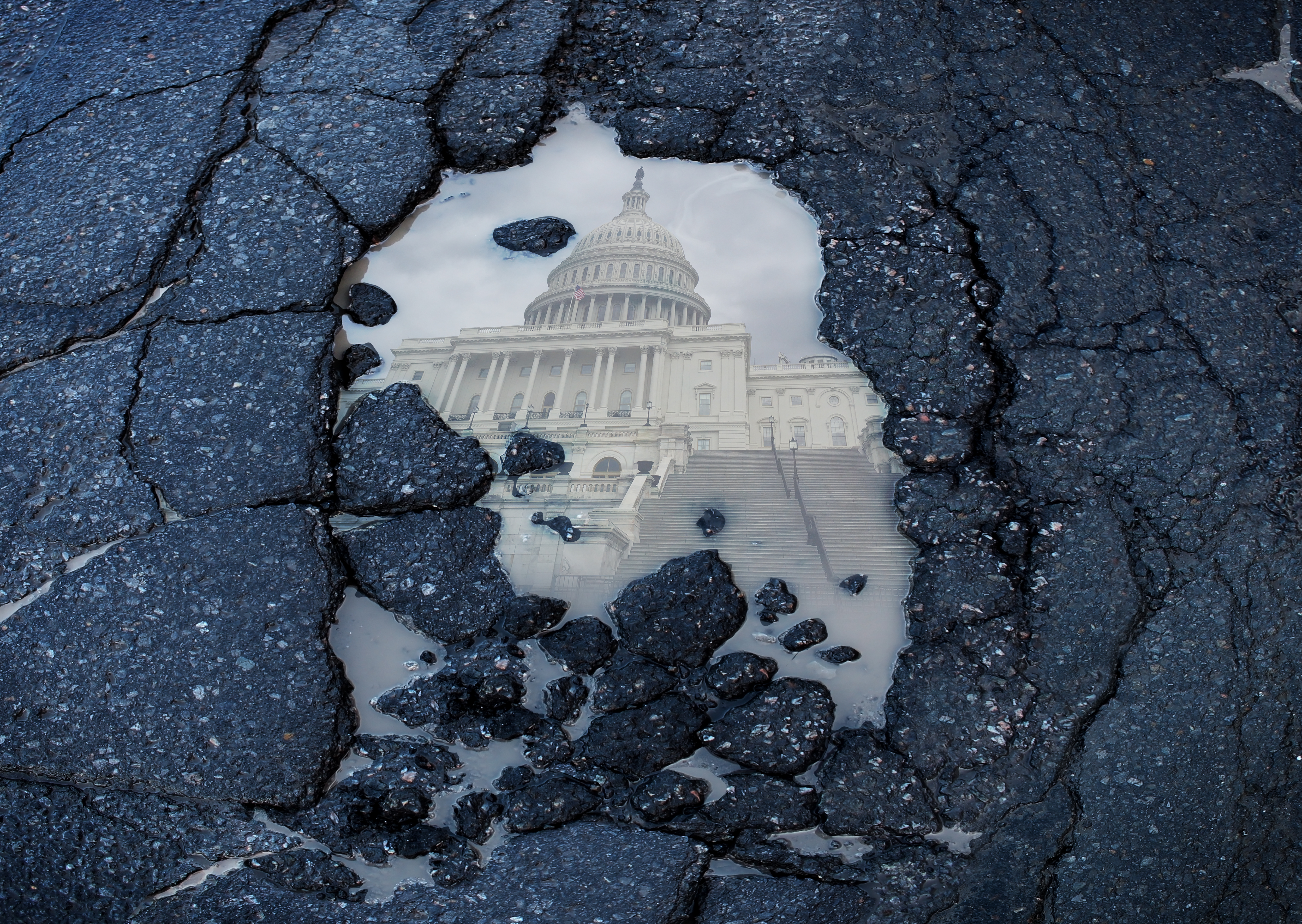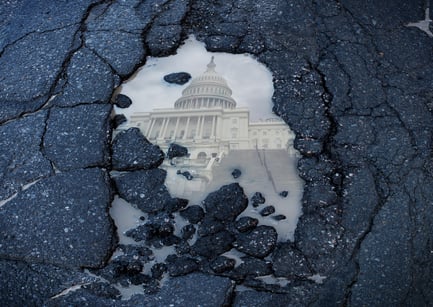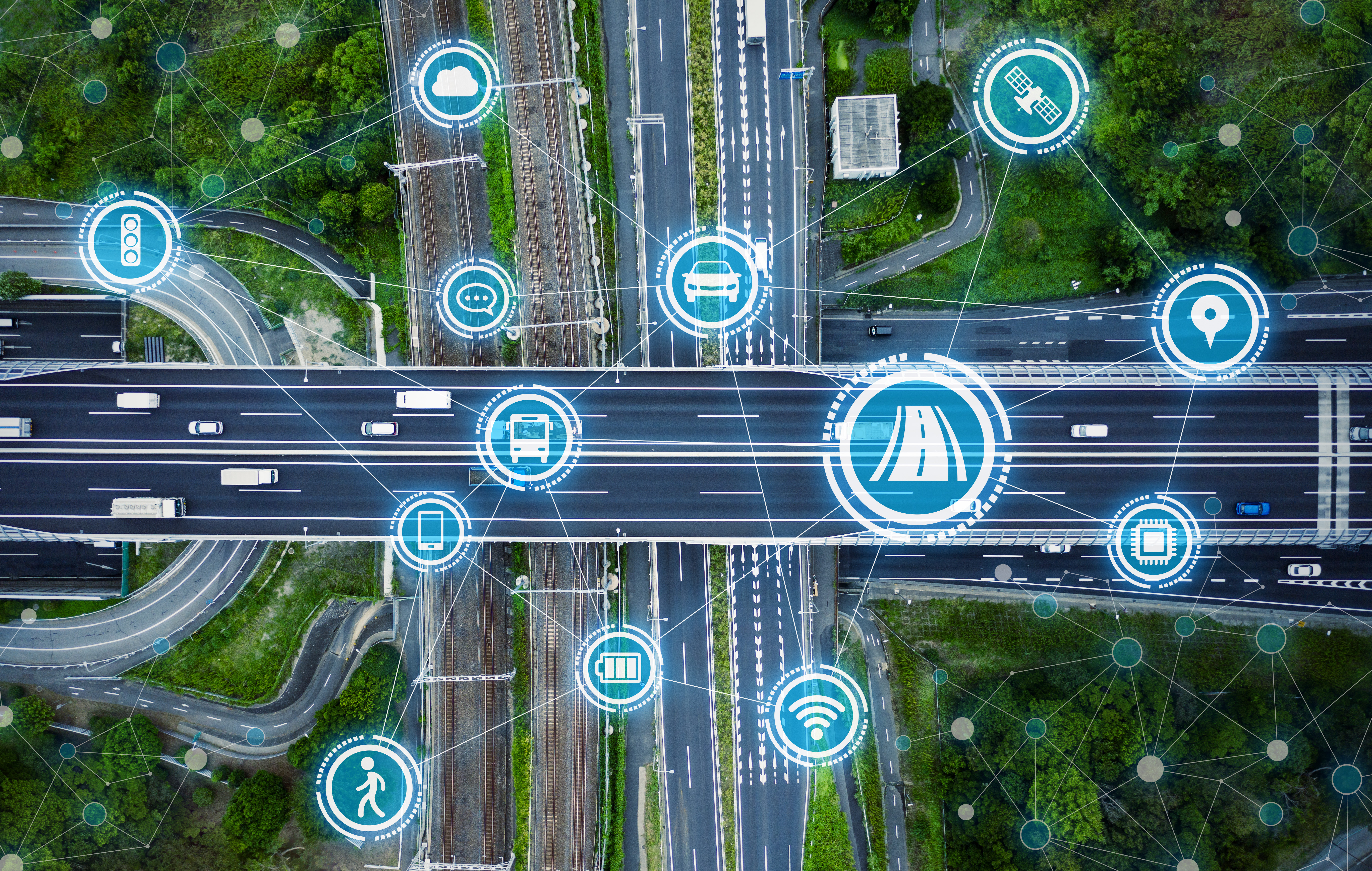Infrastructure & Jobs Bill clears Senate, faces Hurdles in the House


The Biden Administration's 1 trillion dollar Infrastructure Package, the "Infrastructure Investment and Jobs Act" passed the Senate on Tuesday, with a voting margin of 69-30, meaning the passage was far more bipartisan than we are used to seeing as of late.
The bill now heads to the House, where it faces a potentially more difficult road to passage, surprisingly not along the usual party lines as much as from a progressive faction in the House that has vowed they would not vote on Infrastructure until a separate 3.5 trillion dollar social policy bill (the so called "Human Infrastructure" package) is passed. The second bill is expected to be a party line vote, occuring today or tomorrow, and it is unclear how long the standoff may be in the House regarding if the Transportation Package is passed ahead of the second bill as a standalone, or not. A lot of the answer to this likely hedges on whether the second bill is attempted to be pushed over as a budget resolution (which would allow passage sans Republican votes).
The Transportation Infrastructure bill that is pending in the House, although at a whopping 1 trillion dollars, started back several months ago as a 2.3 trillion dollar plan. Major concessions obviously were made to drop the totals, but here are some of the major categories the final bill is anticipated to include:
- Infrastructure: $110 billion in new funding for physical infrastructure - including repair to roads and bridges, and a focus on both repairing and shoring up the infrastructure in areas vulnerable to climate change related damage.
- Clean Energy: $73 billion to modernize the electrical grid (including transmission lines) and expand clean energy sources. New transmission lines will accomodate renewable energy sources like wind, solar, and geothermal into the grid, and higher voltage lines will allow vulnerable areas to better withstand climate related impacts to electricity access, like those we saw in Texas this past winter.
- Lead Pipe Replacement: $15 billion for lead pipe replacement. This one is sort of oddly lowballed in the context of both the anticipated cost itself ($45-60 billion) and the size of the bill itself. Millions of homes and hundreds of municipalities in America are still serviced with lead pipes, and as the Flint Water Crisis illustrated in 2014, damage to the pipes that results in leaching of lead into the water supply can have devastating effects.
- Public Transportation: investment in rail transportation, including modernizing the Northeast corridor for Amtrak and expanding lines outside the Mid Atlantic region. Public bus and subway systems will also receive funding toward replacing aging equipment and infrastructure, as well as expanding routes with the goal of making public transportation more easily accessible to... well, the public. Currently only urban centers in some states have reliable public options and this portion of the bill is seen as a step towards expanding that access out to more rural communities.
We'll have to wait til full passage to get into the nitty gritty and really see the end facts and figures on the bill's components, but outside of the political pundit commentary, at the very least people seem to agree that as far as regular citizens are concerned the key focus of the bill is the jobs expected to be created to handle repairing, building, and expanding infrastructure, as well as those that will be required to manufacture, manage, and coordinate those efforts.
In the Northeast region in particular, the updating and expansion of Amtrak and public passenger rail, bridge repair, and investment toward shoring up areas vulnerable to climate related flooding and erosion is heralded by local unions as a boon to their members, particularly coming on the heels of quarantine's severe impact on construction and trade sectors.
As mentioned, everything essentially now rests on the House and how they choose to approach passage of the Transportation bill - with or without the Human Infrastructure Bill attached.
Stay Tuned!

